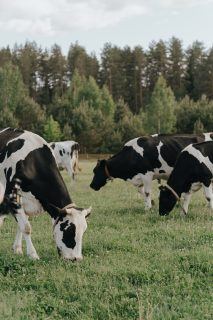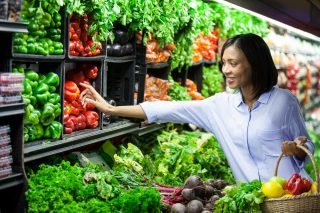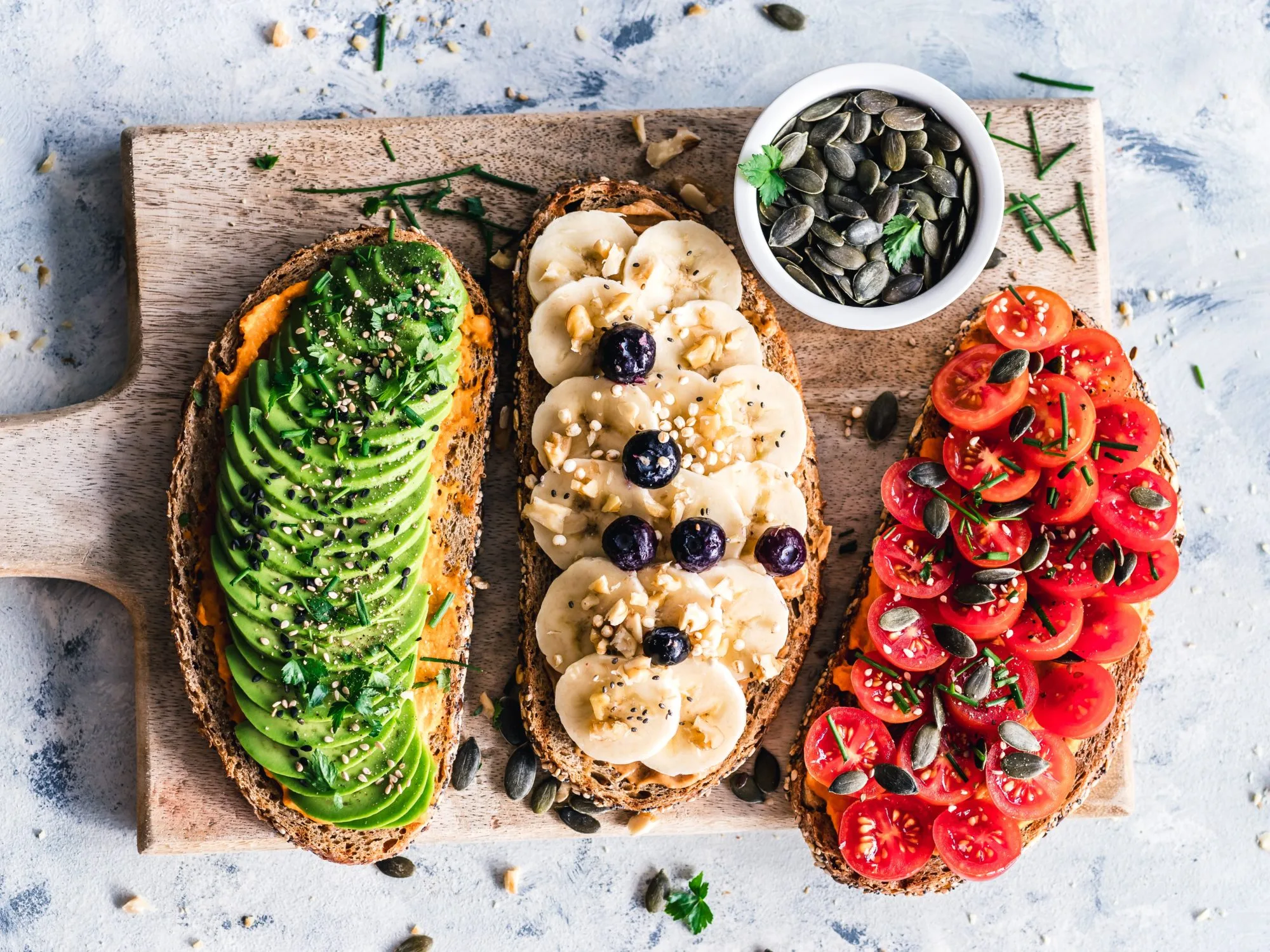By now, we all know that climate change is a major threat to the future of the earth and the human race. Both climate change and the resultant global warming are largely due to human activities. These include the burning of fossil fuels, waste disposal methods, and agriculture. Often, many of us feel that anything we do will hardly make an impact. In the larger scheme of things, an individual can’t do very much…or can they? However, some new studies seem to suggest that simply changing your eating habits can make a massive difference. Just by switching to plant-based foods, you could be making a positive impact and helping in the fight against climate change.
What will happen if we don’t change our habits?

Photo by Markus Spiske on Unsplash
According to Vegconomist, without a shift in dietary habits, we will be unable to curb climate change. Eating a vegan diet has the potential to reduce our carbon footprint by up to 73%. This comes from a study at Oxford University that claims shifting our diet towards a plant-based one could have a massive impact on the climate crisis. Unfortunately, the food industry (largely as a result of agriculture), is a big problem when it comes to emissions. Without a change according to the study, “it impossible to limit global warming to 1.5 or even 2°C”. This would remain the same even if we stopped fossil fuel emissions completely. So, what we choose to eat makes a big difference. In fact, the impact of the food industry is so large that “the 1.5°C targets will be exceeded in just 30-45 years without a change in dietary habits”.
According to this study, shifting to a plant-based diet would also help with
- Biodiversity
- Chronic diseases
- Water pollution
But this definitely isn’t a standalone study, there have been many others that have reached similar conclusions. In 2019, there was a study that warned of potential adverse effects should we not change the way we eat. This was backed by 11, 000 scientists. Further, a study conducted in 2018 also found that a plant-based diet was the way forward. And could be useful in combatting and curbing climate change. Using online platforms such as VeganLiftz who prepare ready-made plant-based meals, can help ease the change bit by bit.
How much impact does the food we eat really have?
Climate change, according to the BBC, poses a massive threat to the entire food supply chain. If you think about it, this really makes perfect sense. With a
shifting climate comes higher temperatures, more rain, and an increase in extreme weather. It makes sense that all of this will impact crop growing and farming livestock. Unfortunately, agriculture itself is also a huge contributor to global warming. In fact, when combined with forestry, it accounts for “about a quarter of greenhouse gas emissions”. Livestock is a major issue here.

Photo by cottonbro from Pexels
Why? Because rearing livestock requires a lot of resources. Then, of course, there’s the methane the animals produce as well as the deforestation to make room for pastures.
This is one of the major reasons that meat, particularly red meat, is so hated by vegetarians and vegans. Mostly, it’s not just a cruelty issue. It’s also an issue of how much these animals contribute to the climate crisis. Reducing our intake of beef, lamb, and pork would mean less impact on the planet. More than half of the emissions associated with food production come from animal products. And half of those emissions come from beef and lamb.
A link between climate change and plant-based eating
There seems to be no way around it. According to Peter Stevenson of Compassion in World Farming, if we are to meet climate goals, we have to reduce our overall dependence on meat. What scientists do mention is that they aren’t advocating for us to stop eating meat. In many cultures and places around the world, populations are reliant on meat. However, in the Western world, we have a tendency to eat way too much of it.
The impact of food waste on the environment
Another issue with the way we tend to eat in the West is food waste. It’s estimated that a third of all the food produced ends up in the trash. Incredibly, that’s before it even reaches the table. Of course, that discarded food has to go somewhere. It tends to end up in landfills. Worse than that, as it rots, it produced methane. Methane, according to the United Nations is much more potent than carbon dioxide.

A report from The lntergovernmental Panel on Climate Change estimated that food waste accounted for “between 8 and 10% of the emissions” that were responsible for global warming. This was “in the period from 2010-2016”.
Changing to plant-based? What to do if you want to help the planet through your eating habits
It’s important to note that scientists aren’t asking us to instantly switch out diets. You don’t need to become vegan overnight. In fact, without the correct information at hand and a good understanding of nutritional needs, this can be dangerous. We tend to all feel that it doesn’t really matter what we do. It’s difficult to believe that, individually, we can make any sort of impact. And it’s true that alone, we are unlikely to conquer climate change.

hlphoto/shutterstock
However, all of us slightly modifying our eating habits? That’s likely to have a major impact.
It may seem like a small thing to do, but even changing from beef to chicken will help. You want to aim to reduce your intake of red meat as much as possible. Another thing to think about is food waste. We all need to change the way we buy food. Rather than buying too much and ending up throwing it away, buy only what you need. Remember, you can easily top up if necessary. Chicken and eggs are a better bet than red meats like lamb and beef. It’s also a good idea to reduce your intake of things like farmed fish and shellfish. Farmed fish has a surprisingly high carbon footprint.
It’s also vital to know what food you’re eating as well as where it’s produced. For instance, according to the BBC, cattle raised on pastures created by deforestation, “is responsible for 12 times more emissions” than of cattle raised on natural pastures. If you’d like to check your carbon footprint, the BBC has created a helpful climate change food calculator.
Interested in reading more?
Click on the Planetary Health Diet
References
https://www.bbc.com/news/science-environment-46459714
https://climate.nasa.gov/resources/global-warming-vs-climate-change/
https://unfccc.int/news/fighting-food-waste-means-fighting-climate-change





![women [longevity live]](https://longevitylive.com/wp-content/uploads/2020/01/photo-of-women-walking-down-the-street-1116984-100x100.jpg)









